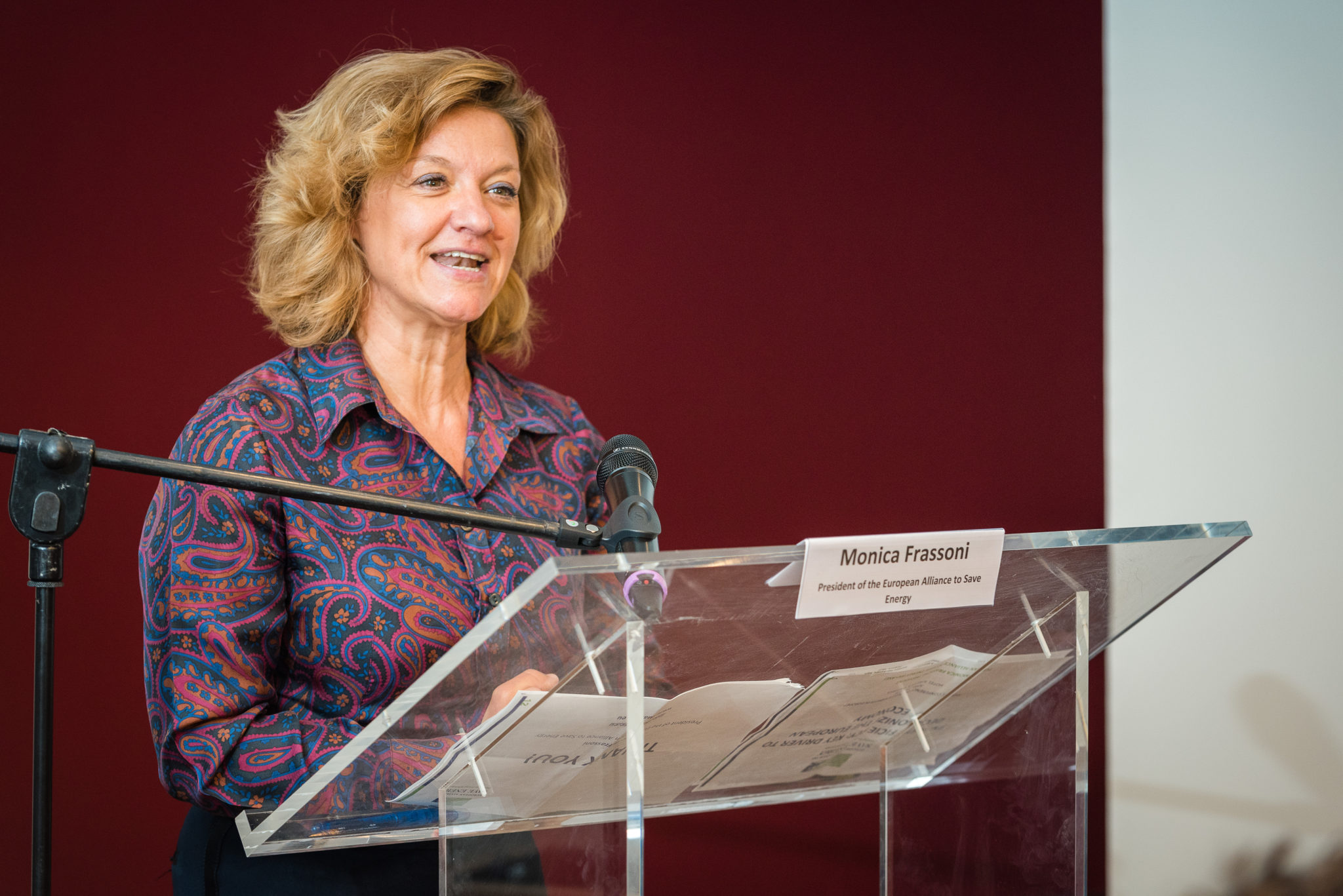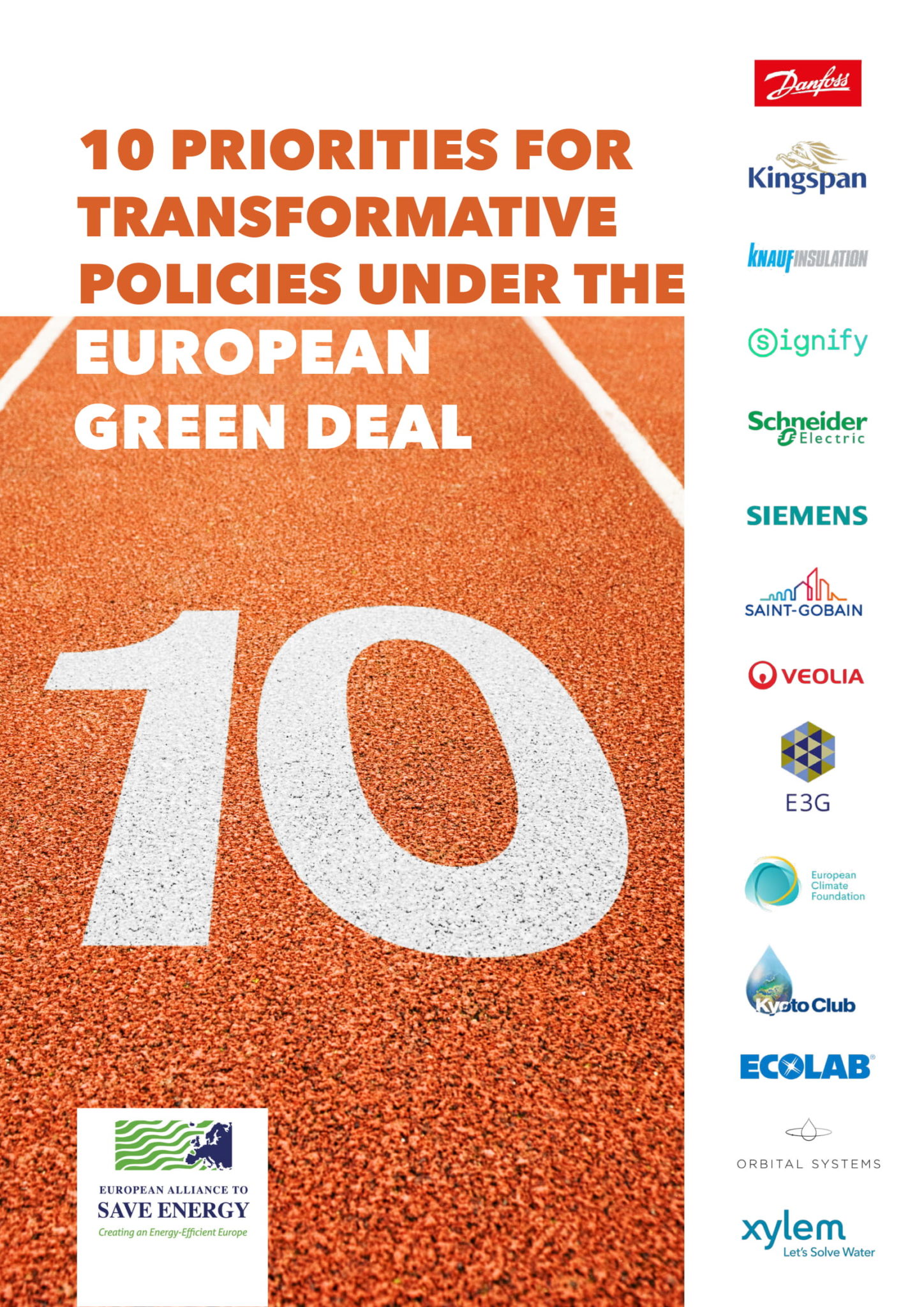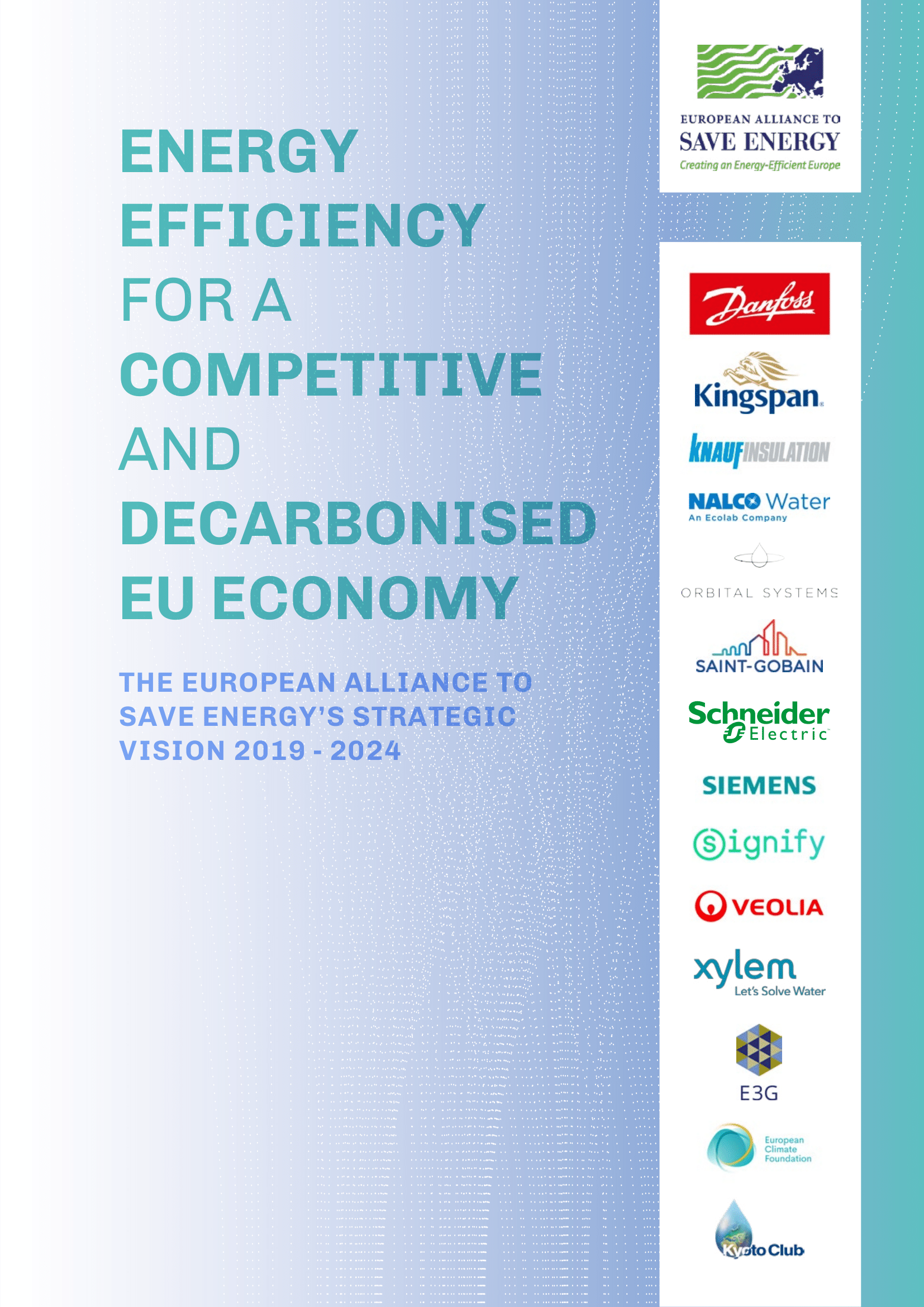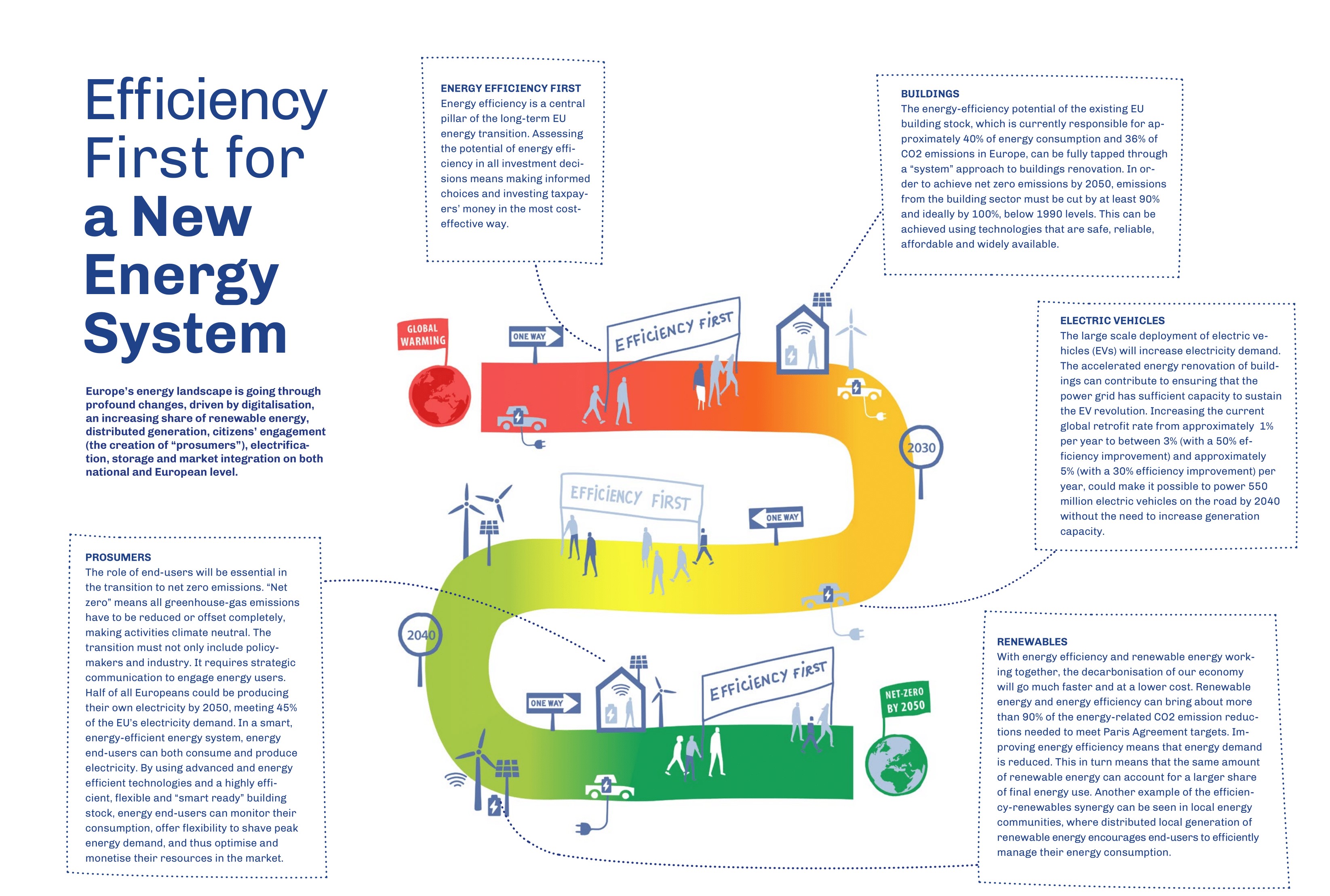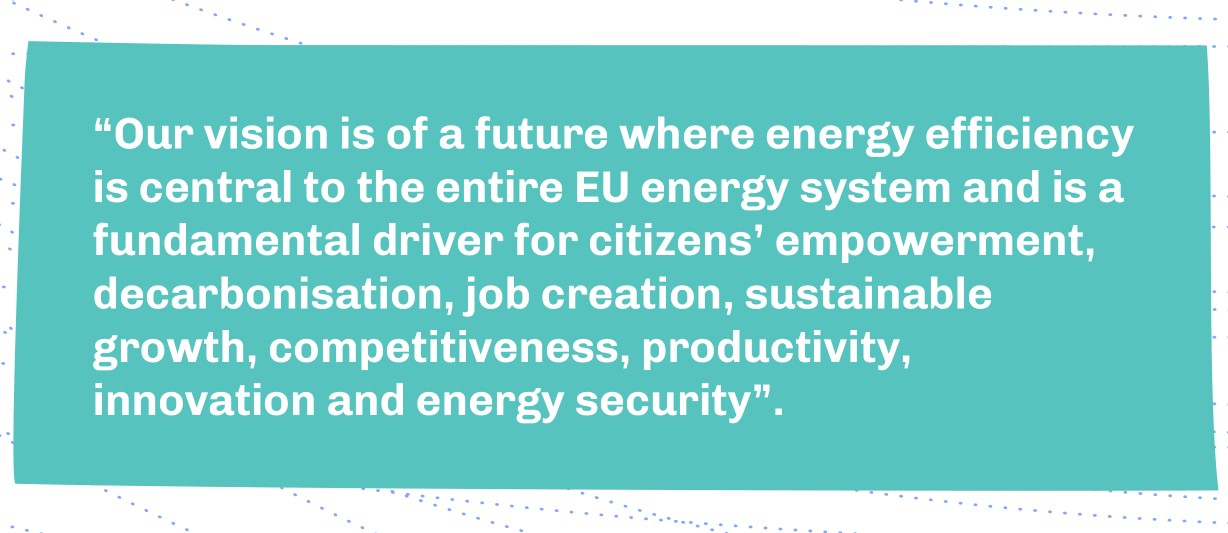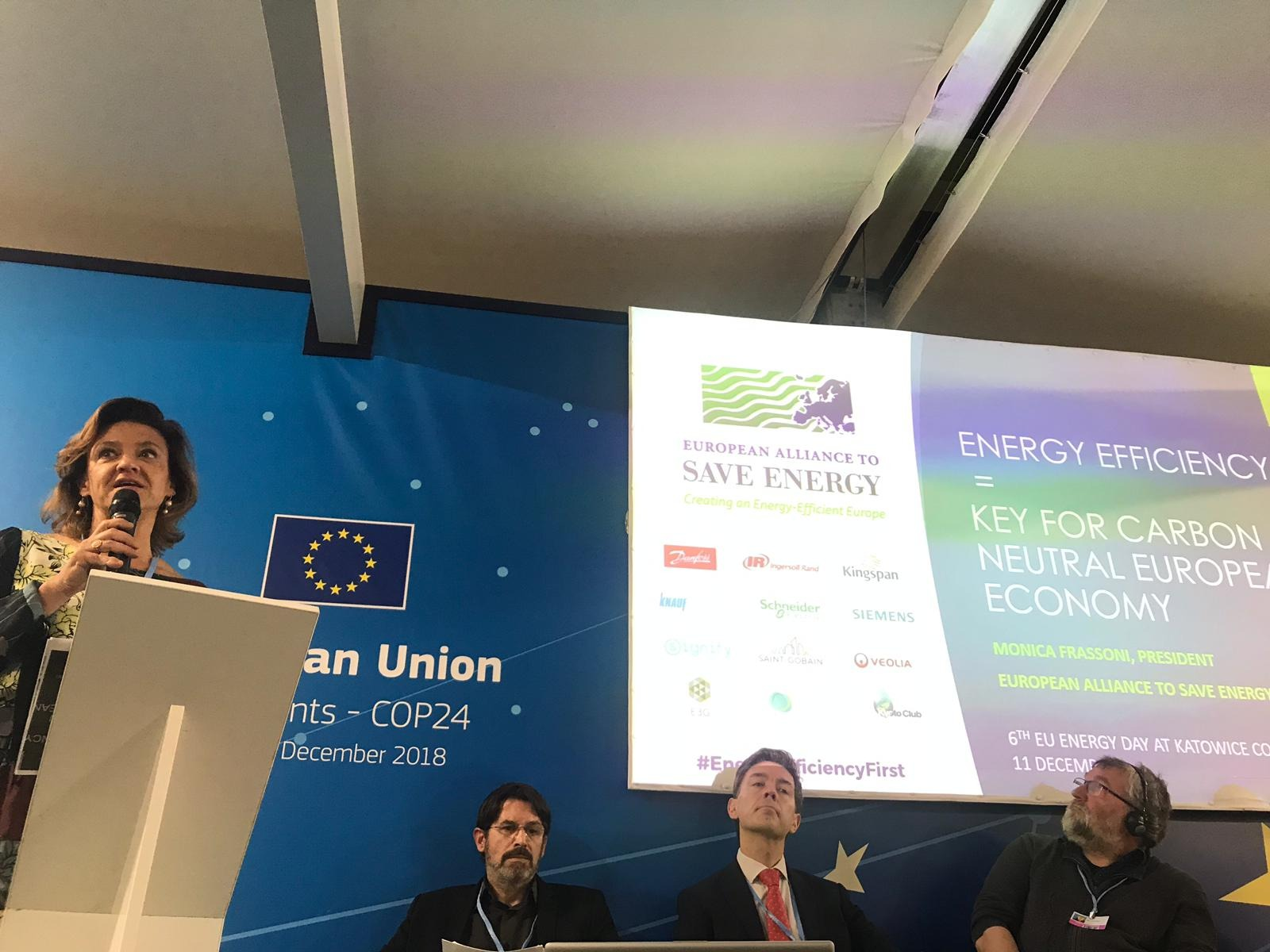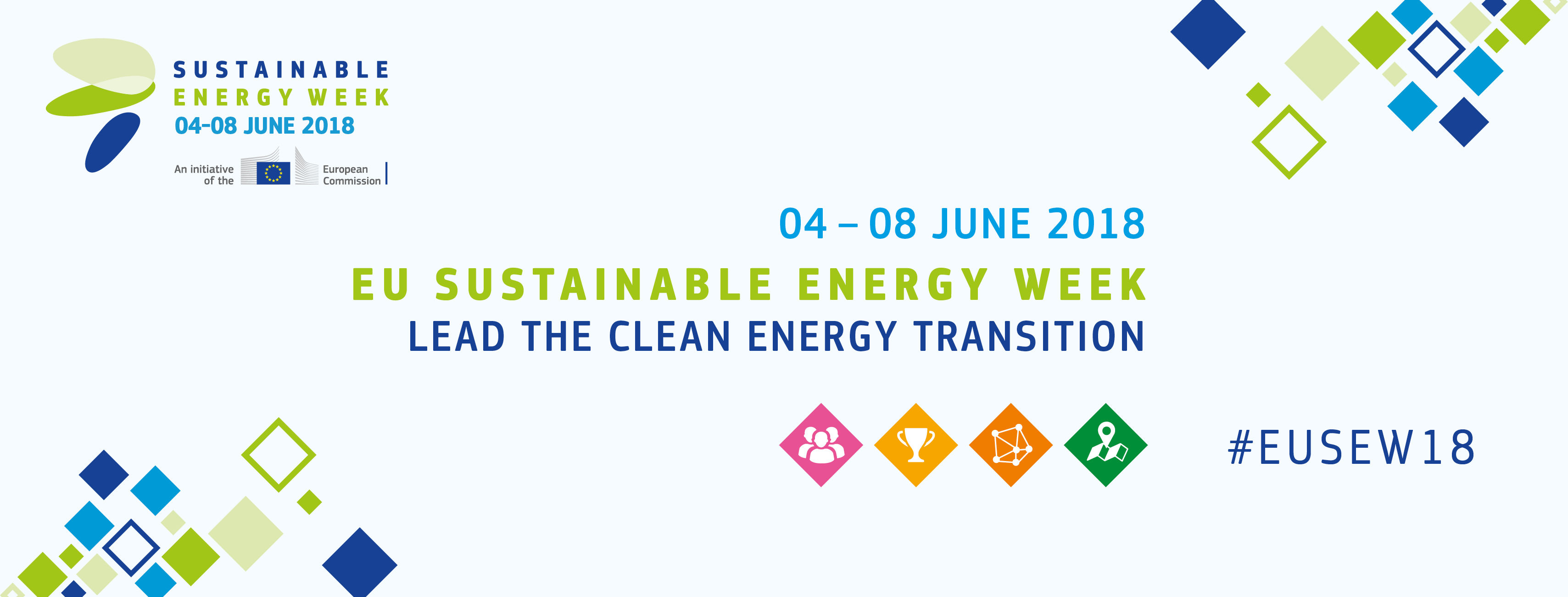Energy efficiency in new EU Commission proposals on Green Deal Investment Plan and Just Transition Fund good first step towards greater ambition
Statement
Brussels (14 Jan 2020) – Today, the European Commission unveiled its communication on the European Green Deal Investment Plan (EGDIP) and its proposal for a regulation establishing a Just Transition Fund (JTF), which is part of a broader Just Transition Mechanism (JTM). The two tools are part of a package aimed to finance the EU’s bid to become climate neutral by 2050, while supporting coal-dependent regions to take the necessary steps to transition towards a decarbonized economy.
“We welcome these initiatives, which come at a crucial moment in Europe’s decarbonization process” – said Monica Frassoni, President of the European Alliance to Save Energy (EU-ASE). “As one of the main cross-sectorial business associations in Europe advocating for energy efficiency, we are pleased to see that in both the European Green Deal Investment Plan and the Just Transition Fund there is a clear reference to energy efficiency. We also welcome the proposal to revise State Aid rules to give Member States more scope to invest in the energy efficiency of buildings.”
“With regards to the JTF, we expect it to be financed with fresh, additional resources whose access should be conditioned to serious commitments towards climate neutrality by the beneficiary countries.”
“We will follow with keen interest the debate around these proposals – Monica Frassoni concluded – and we look forward to providing our input to make energy efficiency’s role even more prominent, in line with the ‘energy efficiency first’ principle. This with the aim to make full advantage of the economic, environmental and social benefits that energy efficiency can bring to citizens and businesses.”

